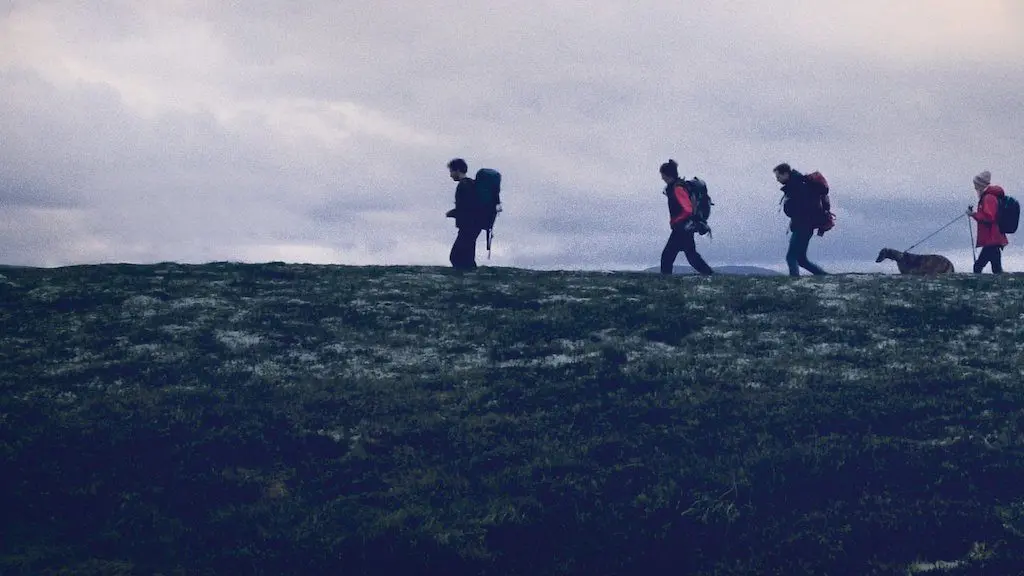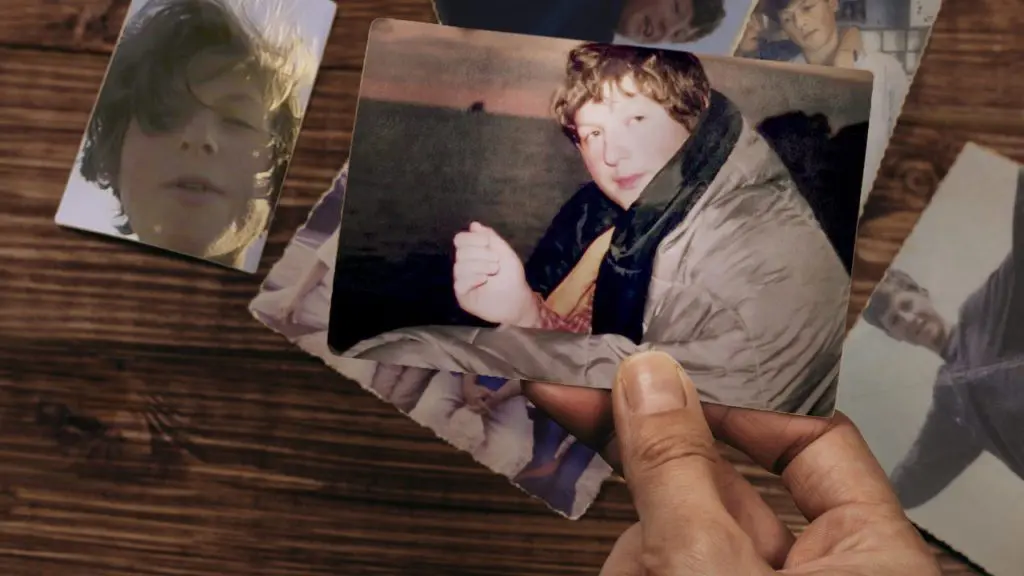Summary
Orlando von Einsiedel turns the camera on his own family in a moving and insightful portrait of loss and fragility.
Evelyn is a film about the things you think won’t ever happen to you or your family — and about them actually happening. Coming from acclaimed British documentarian Orlando von Einsiedel and chronicling, mostly, a walk he took through the countryside with his siblings and parents, it’s a moving, intimate portrayal of love, loss, stigma, and silence. It’s about not saying what needs to be said for so long that the words, when they eventually come out, are fully-formed ideas that are painful to regurgitate, but it’s also about how the pain of honesty is swiftly forgotten, while the relief of being unburdened lasts forever.
The titular Evelyn is Orlando’s late brother, a schizophrenic of barely twenty who killed himself thirteen years prior. Evelyn’s death was flanked by the unknowable twin specters of mental illness and suicide; two ghouls easier to run away and hide from than to confront. Thus, Orlando and his family never confronted Evelyn’s death; what led to it or its aftermath. The amble this film concerns is one embarked on by Evelyn’s family and friends, some reluctant but all resigned to the value of the process, and in the presence of cameras, they’re forced to grieve in a way they haven’t yet allowed themselves to.

The whole idea might seem bizarre; cynical, maybe, or dangerously masochistic, wringing art from raw grief. But the effect is absorbing and intimate, rich with a kind of truth that can only be etched into faces and scored across hearts, not written on a page and read aloud. It’s an unconventional form of group therapy, granted, but the artfulness of Evelyn only adds to its grandeur and scope, as Orlando and his family march towards a graceful camera as though they’re pursuing the closure they’ve kept elusive all this time.
At times Evelyn‘s truthfulness threatens to undermine it; to make it feel staged and artificial. How likely is it, really, that this group would encounter strangers who have also lost loved ones to suicide? If statistics are to be believed, it’s likelier than you’d think, and moments of familial truth — such as a father’s exaggerated recollections, or the lack of surety around basic things that you’d expect to remember but are never quite able to — are so sharply honest that they could only be an outgrowth of real people caught in the process of real mourning. Thoughtful without being morbid and insightfully personal without being exploitative, Evelyn is an elegant example of documentary filmmaking, and of how fragile the things we hold most dear really are.




